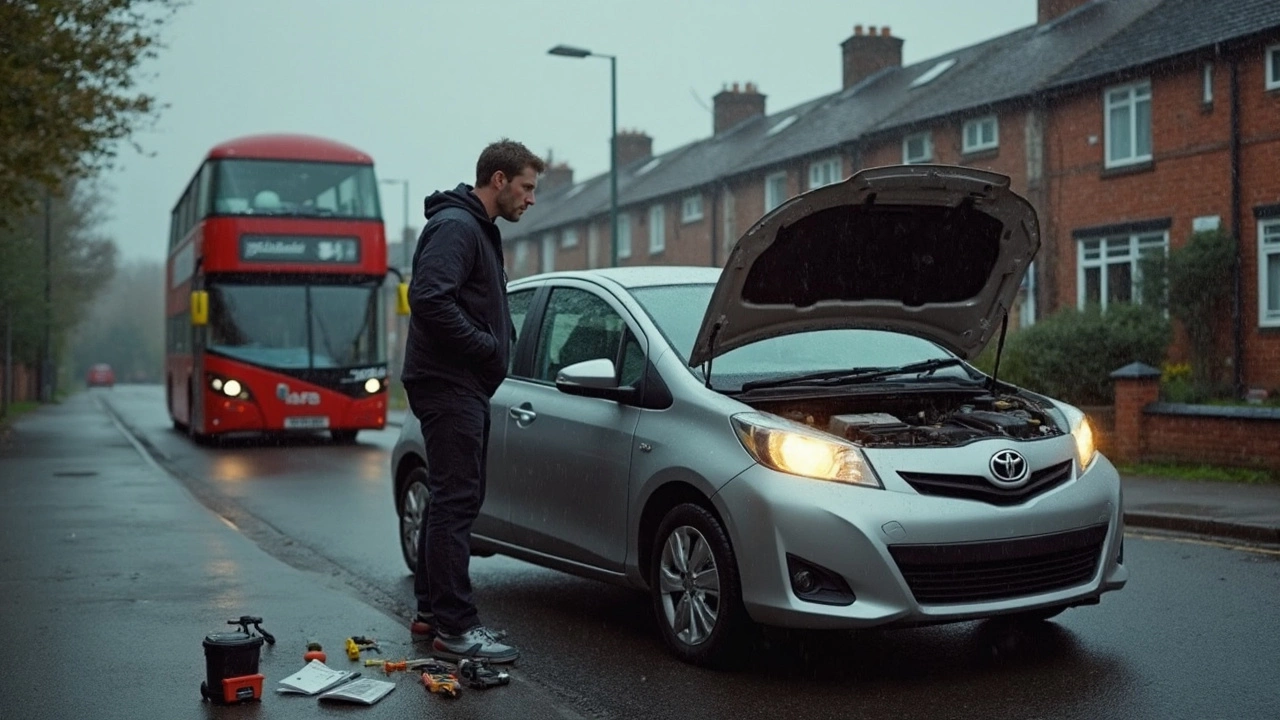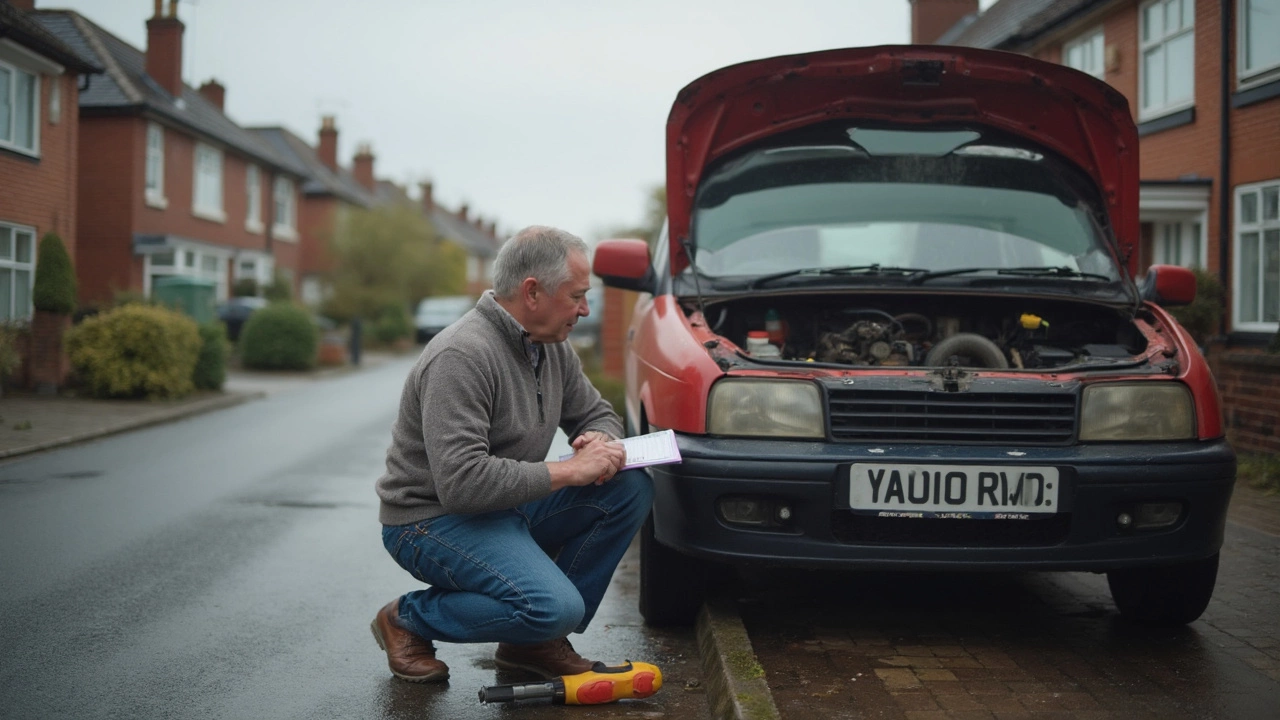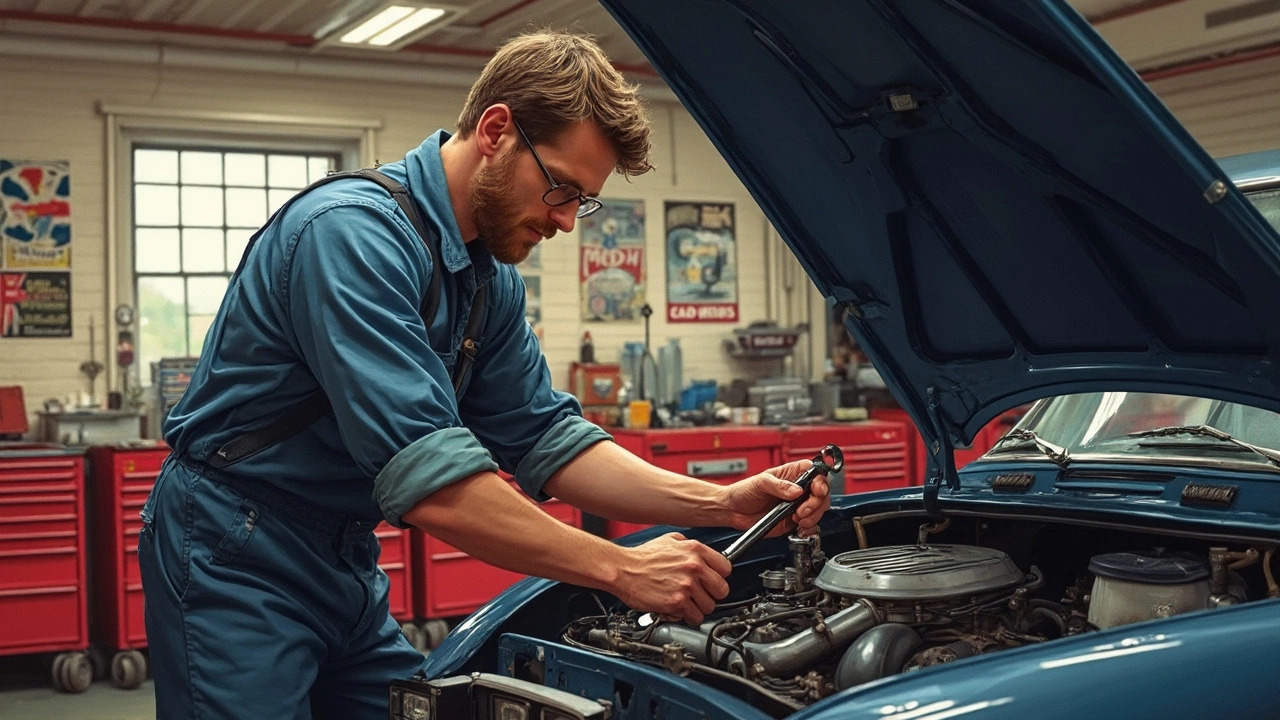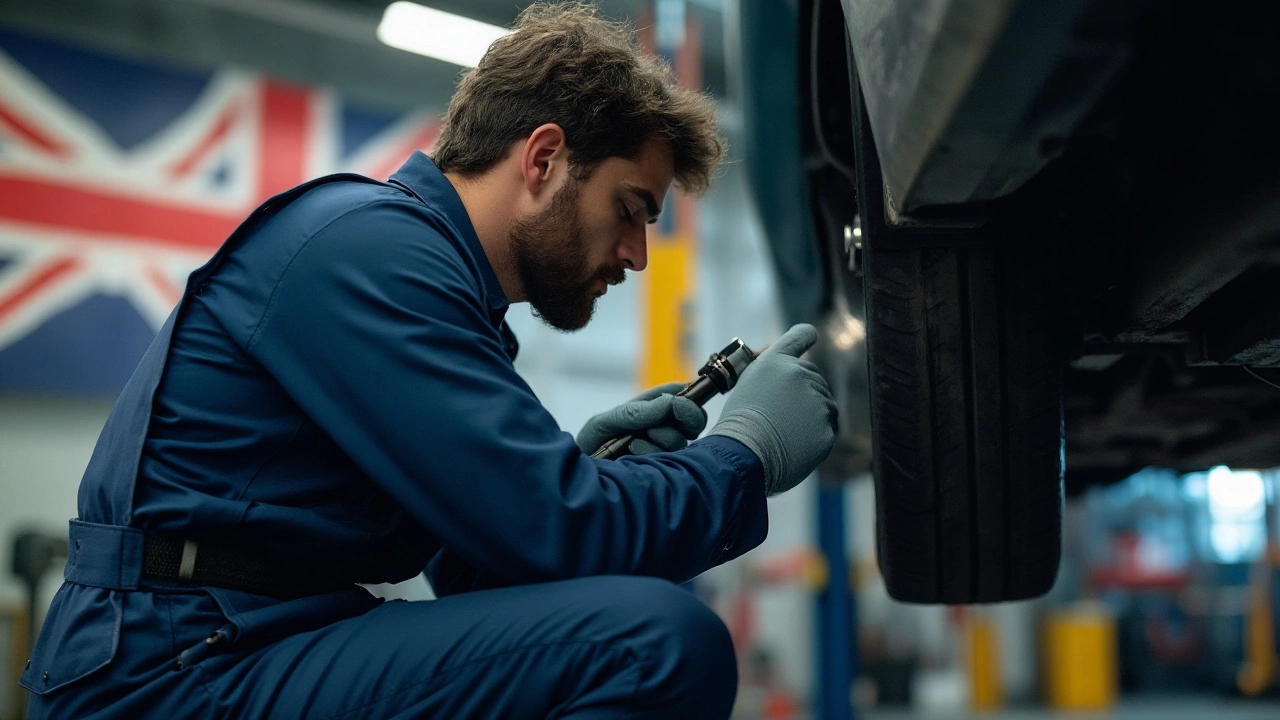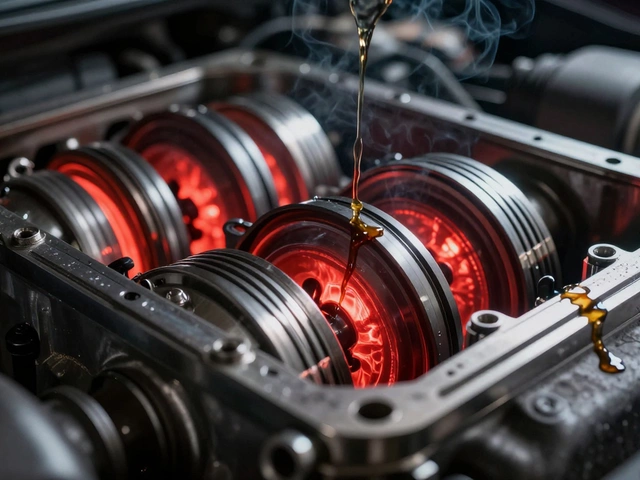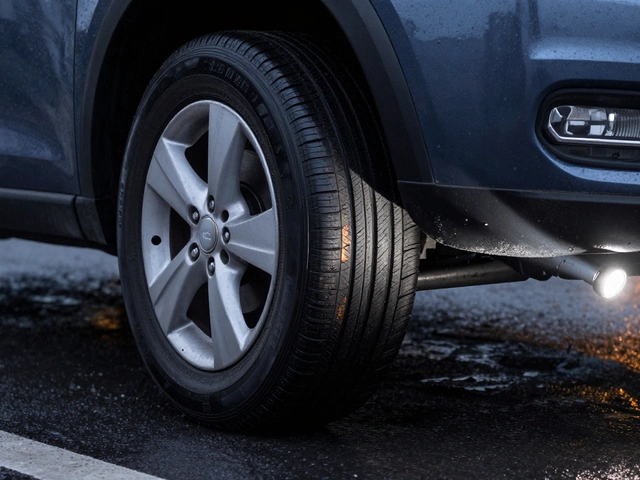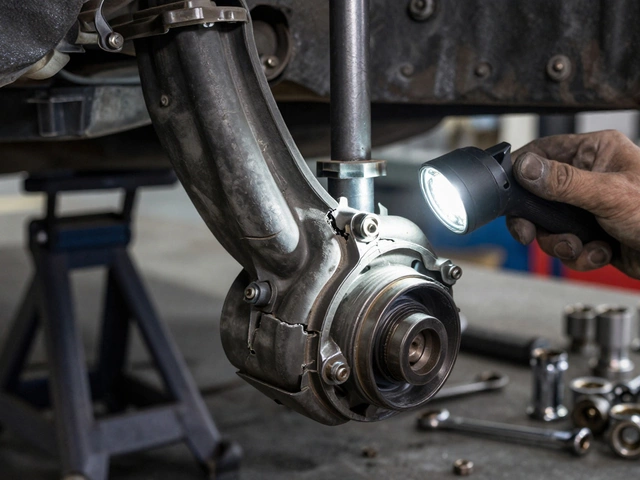Car Repair: Common Issues, Signs, and What You Need to Know
When your car starts acting up, car repair, the process of diagnosing and fixing mechanical or electrical faults in a vehicle to restore safe, reliable operation. Also known as automotive maintenance, it’s not just about fixing what’s broken—it’s about catching problems before they turn into expensive disasters. Most drivers wait until something stops working completely, but the best car repair happens when you spot the warning signs early.
Take brake rotors, the metal discs that brake pads clamp down on to stop your car. If they’re worn thin or warped, you’ll feel a vibration in the pedal or hear a grinding noise. Replacing them isn’t always needed—sometimes resurfacing works—but waiting too long can ruin your brake pads and cost twice as much. Then there’s the fuel pump, the component that pushes gasoline from the tank to the engine. A failing one won’t always throw a code, but if your car sputters on the highway or won’t start after sitting, it’s likely the culprit. And don’t ignore the radiator, the system that keeps your engine from overheating by circulating coolant. A small leak or clog might seem minor, but over time, it can cook your engine. Same with the clutch, the mechanism that connects your engine to the transmission in manual cars. If it feels spongy, slips when accelerating, or makes weird noises, you’re not just inconvenienced—you’re risking a total failure.
These aren’t random issues. They’re the top reasons people end up in a repair shop. And while some fixes are simple enough to do yourself—like checking oil levels or wiper blade size—others need real expertise. That’s why this collection pulls together real, tested advice from drivers who’ve been there. You’ll find clear guides on when to replace parts versus when to fix them, how to spot trouble before it hits, and what to expect in costs and timing. No guesswork. No fluff. Just what works.
Whether you’re dealing with a slipping clutch, a noisy radiator, or a fuel pump that’s on its last legs, the articles below give you the facts you need to make smart decisions—before you hand over your keys and your wallet.
